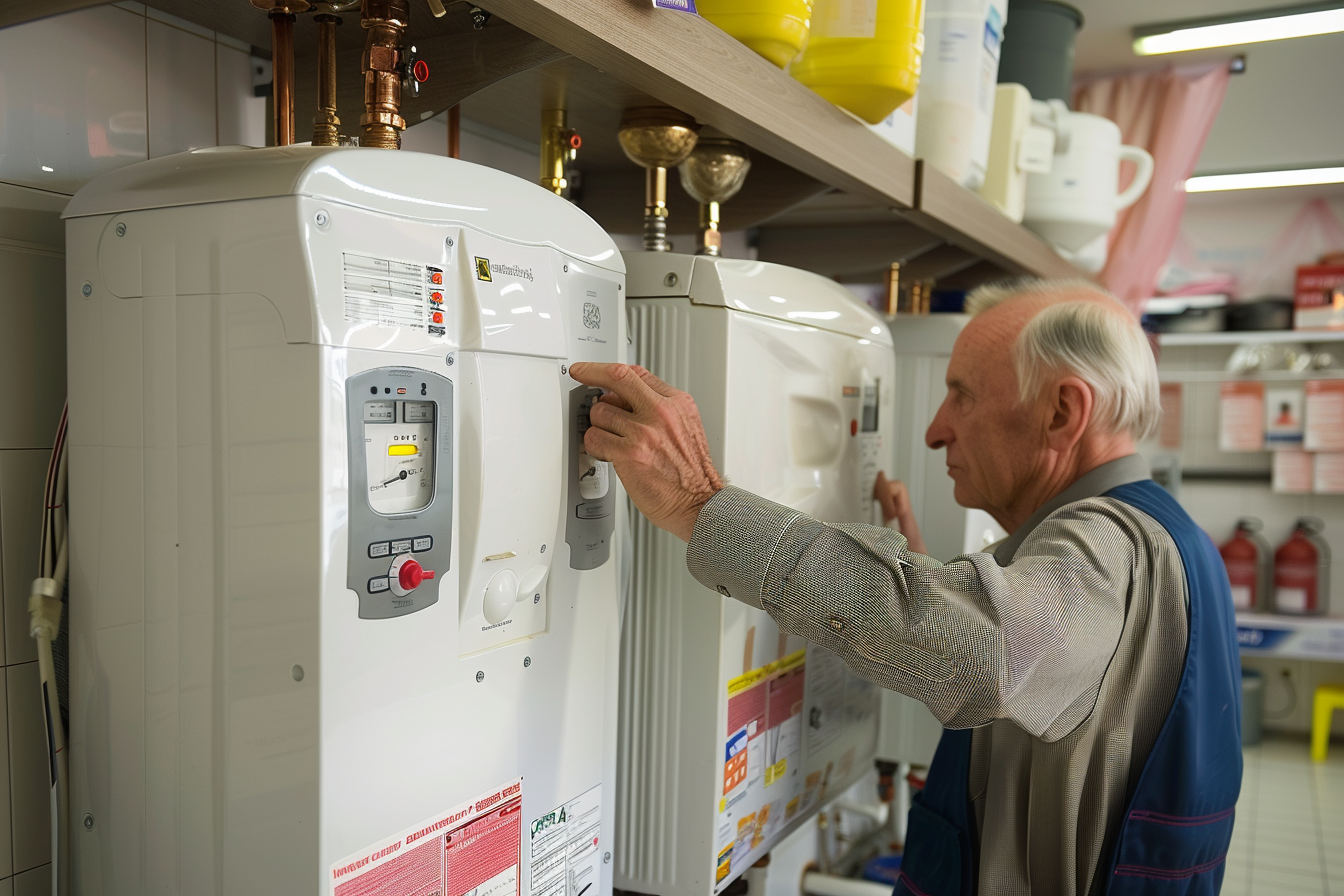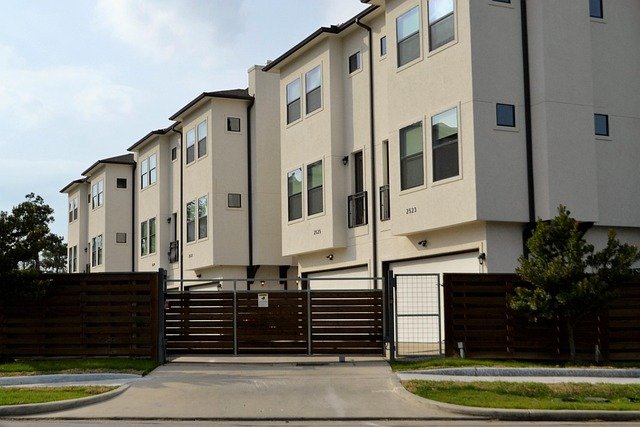Tank vs Tankless: Which Water Heater Is Best for Your Home
Choosing between a traditional tank water heater and a modern tankless system can impact not only your comfort but also your energy bills and long-term maintenance costs. This article explains the pros, cons, and key factors to consider so you can confidently decide which option is right for your home.

What are the key differences between tank and tankless water heaters?
Tank water heaters, the traditional choice for many homes, store and heat a large volume of water in an insulated tank. These systems continuously maintain the water at a set temperature, ready for use at any time. In contrast, tankless water heaters, also known as on-demand water heaters, heat water directly as it flows through the unit, without the need for a storage tank.
The most significant difference lies in their operation. Tank heaters provide a finite amount of hot water based on tank capacity, while tankless systems can provide an endless supply of hot water as long as they operate within their flow rate capacity. This fundamental distinction affects energy efficiency, space requirements, and overall performance.
How do tankless water heaters benefit homeowners?
Tankless water heaters offer several advantages that have made them increasingly popular among homeowners. One of the primary benefits is energy efficiency. Since these units only heat water when needed, they can significantly reduce energy consumption compared to traditional tank models that constantly maintain a large volume of hot water.
Space-saving is another notable advantage. Tankless units are compact and can be installed in various locations, including closets or even on exterior walls, freeing up valuable floor space in homes. Additionally, tankless water heaters typically have a longer lifespan than tank models, often lasting 20 years or more with proper maintenance.
However, it’s important to note that tankless systems may have higher upfront costs and may require upgrades to a home’s gas line or electrical system to accommodate their higher power demands.
What factors should be considered when choosing a water heater?
Selecting the right water heater involves evaluating several key factors:
-
Household size and hot water demand: Large families with high hot water usage may benefit from a tank system’s storage capacity or a high-capacity tankless unit.
-
Energy efficiency: Consider the long-term energy savings of tankless models against the lower initial cost of tank heaters.
-
Available space: Homes with limited space may find tankless units more suitable.
-
Installation and maintenance costs: Factor in both initial installation expenses and long-term maintenance requirements.
-
Fuel type and availability: Consider whether gas or electric models are more cost-effective and practical for your location.
-
Climate: In colder regions, tankless systems may require more energy to heat water to desired temperatures.
How do installation and maintenance requirements differ?
Installation requirements vary significantly between tank and tankless water heaters. Tank heaters are generally simpler to install and can often replace an existing tank unit without major modifications. Tankless systems, especially gas-powered ones, may require ventilation upgrades, larger gas lines, or electrical system enhancements, potentially increasing installation costs.
Maintenance needs also differ. Tank water heaters typically require annual flushing to remove sediment buildup and periodic anode rod replacement. Tankless units benefit from annual descaling to prevent mineral buildup in the heat exchanger. While tankless systems may have more complex components, their longer lifespan can offset maintenance costs over time.
What are the long-term cost implications of each type?
When considering the long-term financial impact, it’s crucial to look beyond the initial purchase price. Tank water heaters generally have lower upfront costs but higher operating expenses due to standby heat loss and lower energy efficiency. Tankless systems, while more expensive initially, can lead to significant energy savings over time, especially in households with moderate hot water usage.
To illustrate the cost differences, let’s compare typical scenarios:
| Water Heater Type | Initial Cost | Annual Operating Cost | Lifespan | 10-Year Total Cost |
|---|---|---|---|---|
| Tank (50 gallon) | $500 - $800 | $300 - $400 | 10-15 years | $3,500 - $4,800 |
| Tankless | $1,000 - $1,500 | $200 - $250 | 20+ years | $3,000 - $4,000 |
Prices, rates, or cost estimates mentioned in this article are based on the latest available information but may change over time. Independent research is advised before making financial decisions.
How do environmental considerations factor into the decision?
Environmental impact is an increasingly important factor for many homeowners. Tankless water heaters generally have a lower environmental footprint due to their improved energy efficiency and longer lifespan, which reduces waste from replacement units. They can be particularly beneficial when paired with renewable energy sources like solar panels.
Tank water heaters, while less efficient, have made strides in improving insulation and reducing standby heat loss. Some high-efficiency tank models now offer performance comparable to tankless units, especially in households with high, simultaneous hot water demands.
Ultimately, the choice between tank and tankless water heaters depends on a careful assessment of your household’s specific needs, budget, and priorities. While tankless systems offer advantages in efficiency and space-saving, traditional tank heaters may still be the better choice for certain homes, particularly those with high simultaneous hot water demands or budget constraints. Consider consulting with a professional plumber to evaluate your home’s unique requirements and determine the most suitable water heating solution for your family.




